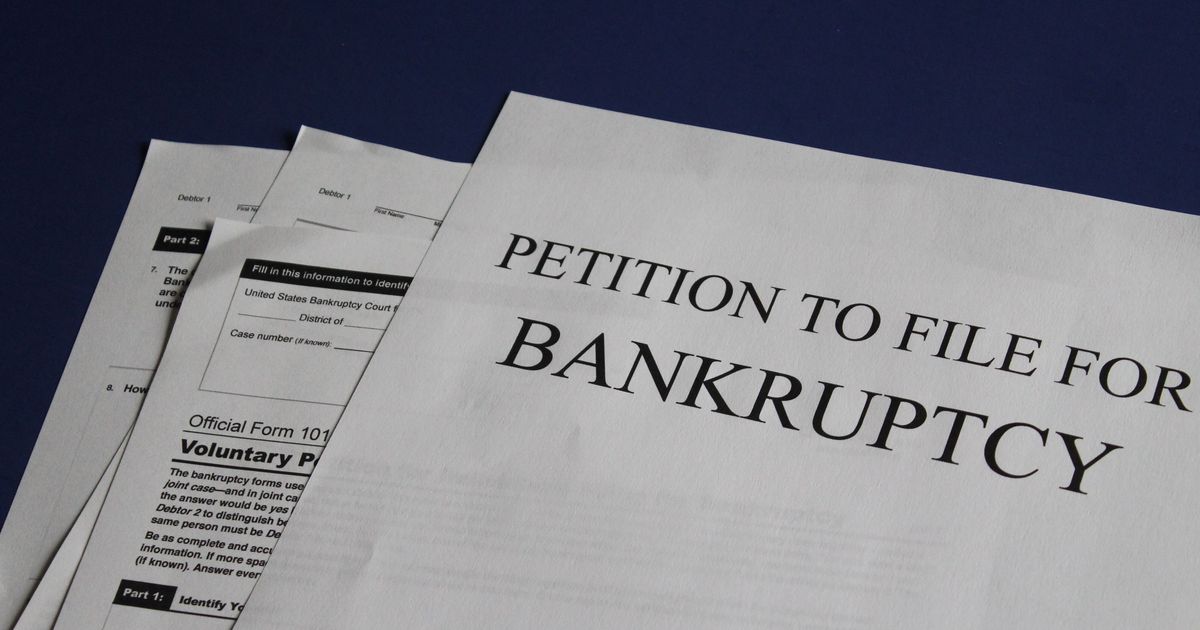What Happens When Market Makers are Short a Stock That's on the Brink of Bankruptcy
CEOBLOC
Published on May 13, 2023

Shorting a stock can be a profitable strategy for investors looking to capitalize on a company's declining stock price. However, shorting a stock of a company that goes bankrupt can result in a significant payout. When a company goes bankrupt, the courts liquidate the company's assets to pay off the investors. But what happens when market makers short a stock of a bankrupt company?
When shorting a stock, an investor borrows shares from their broker and sells them on the open market. The broker holds the proceeds as collateral. At some point, the investor will have to repay the shares borrowed from the broker. Normally, this is done by purchasing the shares at the current price, with the difference in price from the original sale and the subsequent purchase being the investor's gain or loss. The broker releases the collateral when the shares are returned.
If a company goes bankrupt before the investor covers their short position, the courts will liquidate the company's assets to pay off investors. The court cancels any shares still trading, and the exchange delists the stock if it hasn't already done so. The stock is no more - it has ceased to exist.
For market makers, who facilitate trading in the stock market, shorting a stock of a bankrupt company is different. Market makers create liquidity in the market by buying and selling stocks. If a market maker is short a stock of a bankrupt company, they have to buy the shares to cover their position. But, since the company has gone bankrupt, there are no shares to buy, which can leave the market maker with an open position.
When a market maker has an open short position, they must continue to manage the position until they can find shares to buy to cover the position. This can be a challenging task, as the company has gone bankrupt, and there are no shares to buy. Market makers may have to go through the court-appointed liquidation process to obtain shares to cover their short position. This can result in a delay in releasing the collateral and returning it to the investor.
In conclusion, shorting a stock of a bankrupt company can be a profitable strategy for investors. However, it can be a challenging situation for market makers who short the stock of a bankrupt company. They have to manage their short position until they can find shares to buy to cover the position, which can be a difficult task, and there can be a delay in releasing the collateral. Investors should be aware of the risks associated with shorting a stock of a bankrupt company and understand the potential challenges that market makers face when shorting a stock of a bankrupt company.